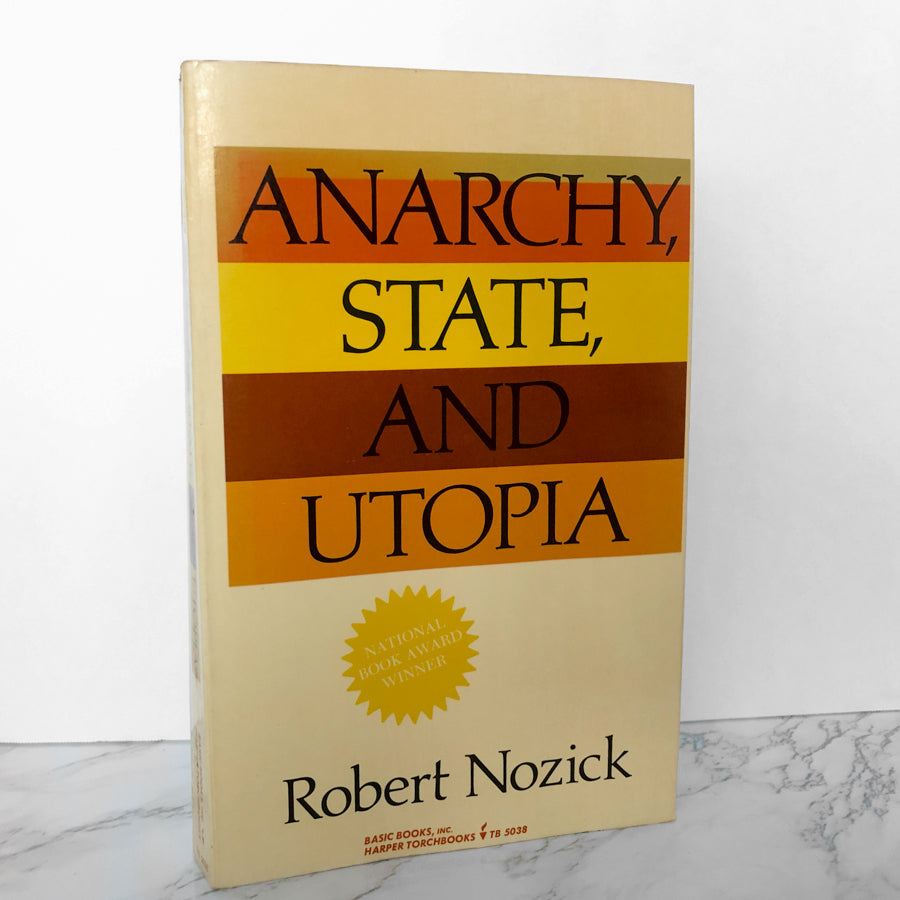

The libertarian rights according to Nozick are original absolute self-ownership, rights of a common use of the external world, rights of primary acquisition. Nozick’s theory of justice holds that an action is just if it does not violate other people’s libertarian rights. Valentyne argues that Nozick holds a libertarian theory of justice as opposed to Rawl’s distributive theory of justice (88).Despite his deviation from Rawl’s distributive theory of justice Nozick believes that sound adult humans have certain undeniable rights including a right to bodily honor which makes illegal murdering, persecuting, or hurting the holder of the right Valentyne (88). So that in the long run, each member of the society gets what is entitled to him or her Rawl (275). It proposes the allocation of opportunities and wealth on the basis of merits and moral obligations.


Distributive justice deals with fair allocation of resources on the basis of ethical and moral principles of the society (275). In chapter seven Nozick provides an articulate critique upon Rawl’s theory of distributive justice (150).

Robert Nozick’s Critique of Rawl’s Distributive Justice Nozick’s sense of state is that of a coercive organization that for a given territory has effectual domination on the use of weapons to enforce its will and interests Valentyne (87). Therefore, Nozick proposes the replacement of the present state with a minimal state which safeguards people only against violence, theft, fraud, and violation of contract Valentyne (86). According to Valentyne, Nozick holds that it is not possible to have a legitimate state especially one that enjoys absolute legitimacy (86). Very good in like jacket.The state and its legitimacy are one of the main themes in Robert Nozick’s book.
#Anarchy state and utopia free#
David Brumble, Professor of English at the University of Pittsburgh, with date to front free endpaper (text block is otherwise bright and unmarked) edgewear to jacket, including a few small closed tears (without loss), with light creasing and toning, and sunning to spine. Minor sunning to boards and dusting to page block name of H. Original brown cloth and dust jacket (not price-clipped). Indeed, Nozick's masterpiece has been translated and sold throughout the world and remains a leading work of libertarian social, political, and philosophical thought. Anarchy, State and Utopia would go on to win the prestigious National Book Award in the category of Philosophy and Religion and was hailed by the Times Literary Supplement as one of the 100 most influential books of the twentieth century. Nozick's argument was eventually set forth in Anarchy, State and Utopia, first published by Basic Books in 1974 Walzer's side of the argument was later published in his Spheres of Justice: A Defense of Pluralism and Equality (1983). Hayek, Nozick's classic statement of entitlement theory was the product of a semester-long course that he taught with Professor Michael Walzer at Harvard University in 1971, and which was structured as a debate between the two philosophers. Influenced by the works and thought of John Locke, Immanuel Kant, and F. In support of his "night-watchman state" Nozick forcefully illustrates how a minimalist state arises naturally from a Lockean state of nature and how the expansion of state authority beyond such minimalist constraints is philosophically unjustified. "Individuals have rights," Nozick argues from his opening sentence, "and there are things no person or group may do to them without violating their rights." In opposition to Rawls's highly acclaimed 1971 work A Theory of Justice, Nozick argues for a minimalist state limited to the narrow functions of protection against force, theft, fraud, and enforcement of contracts. In Anarchy, State and Utopia Nozick offers a powerful philosophical challenge to the reigning political and social views of our day-liberal, socialist, and conservative. Exceptional first edition of Robert Nozick's (1938-2002) towering libertarian response to John Rawls's A Theory of Justice (1971) and winner of the prestigious National Book Award for Philosophy and Religion.


 0 kommentar(er)
0 kommentar(er)
